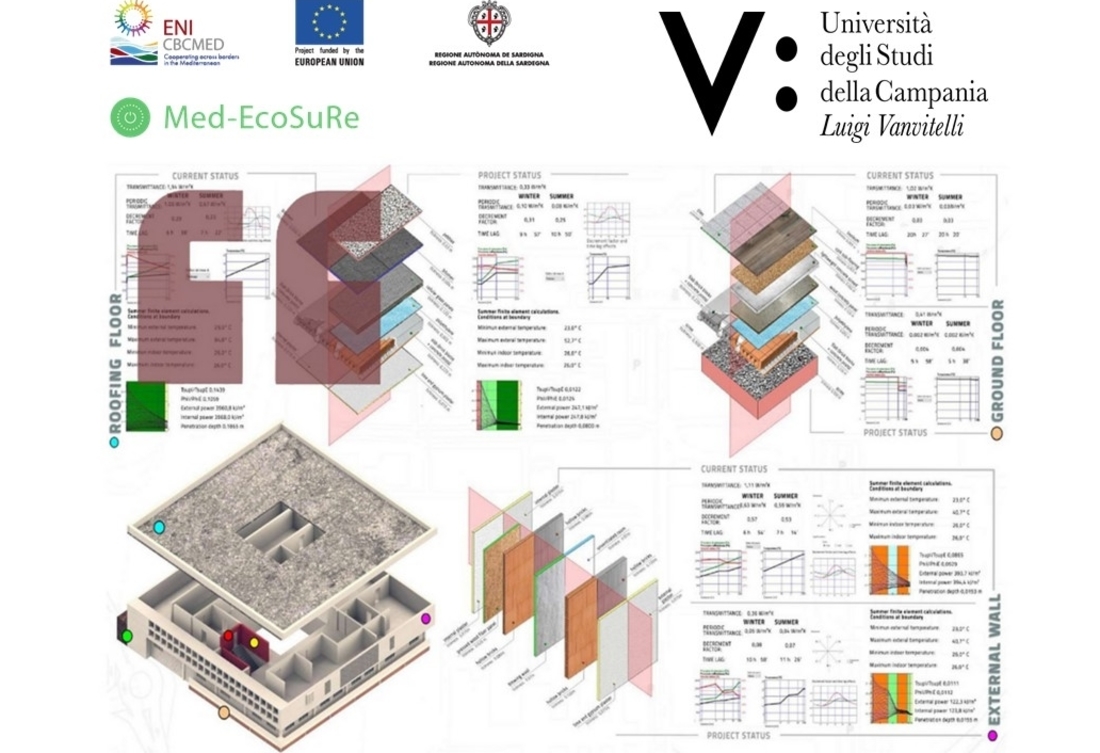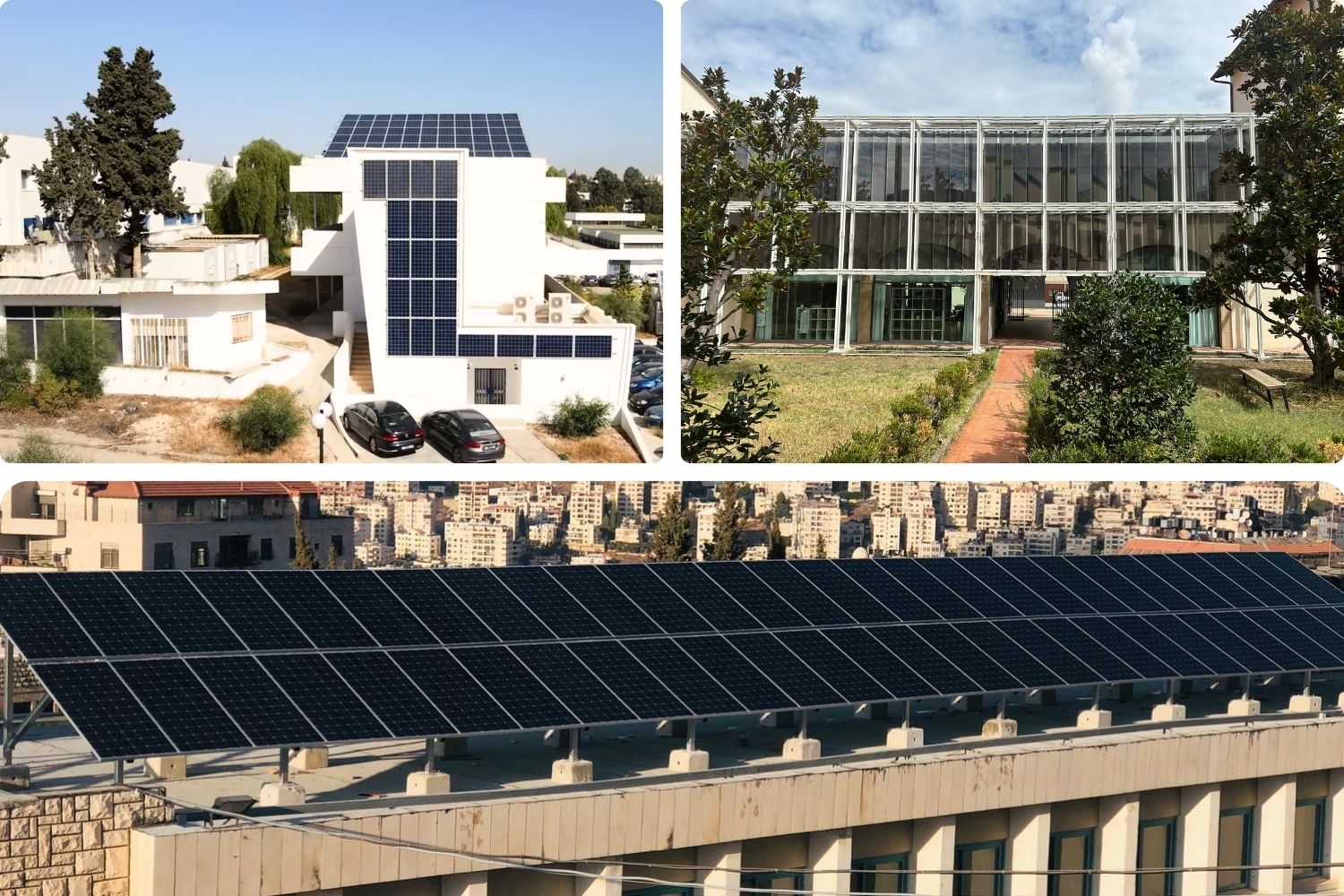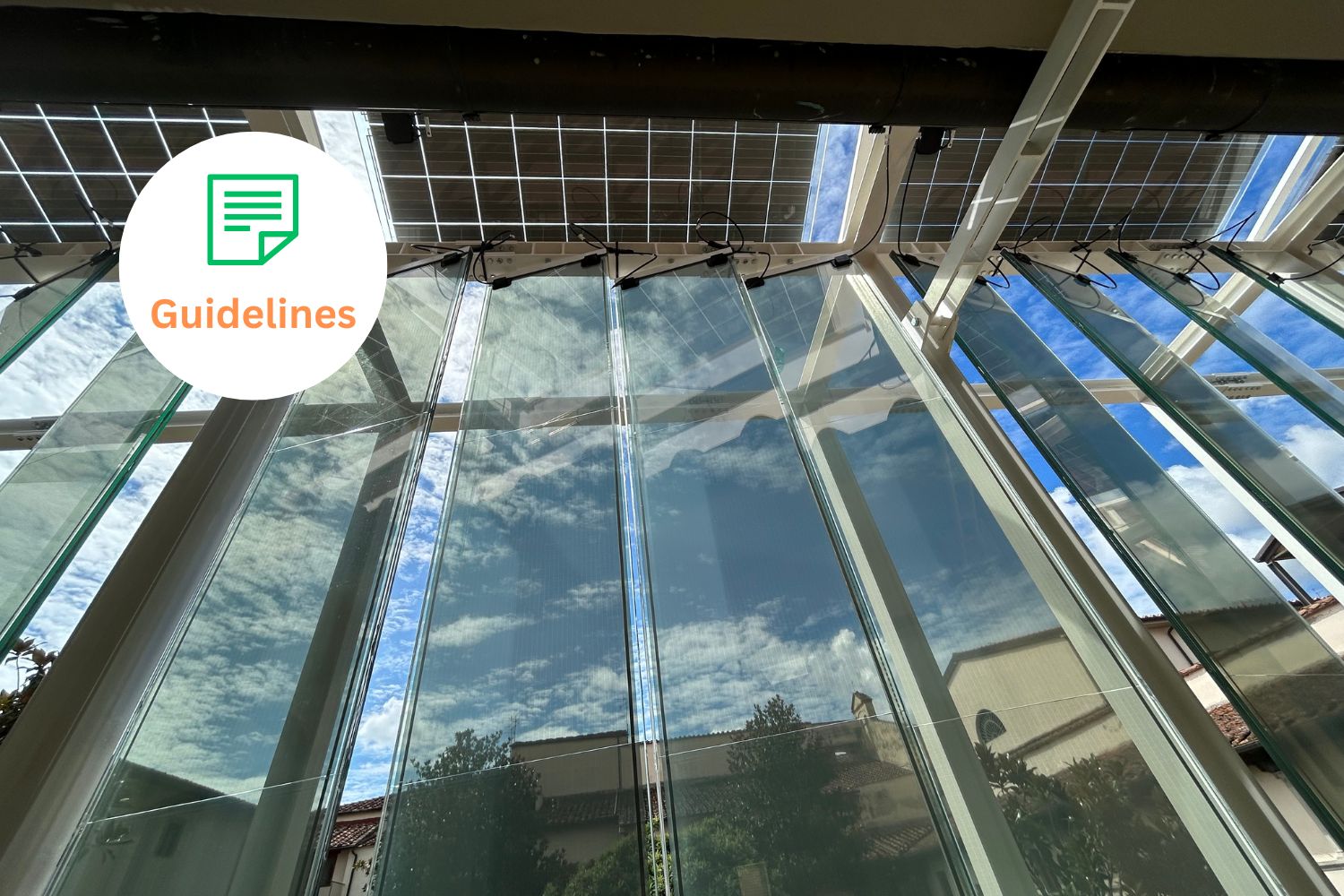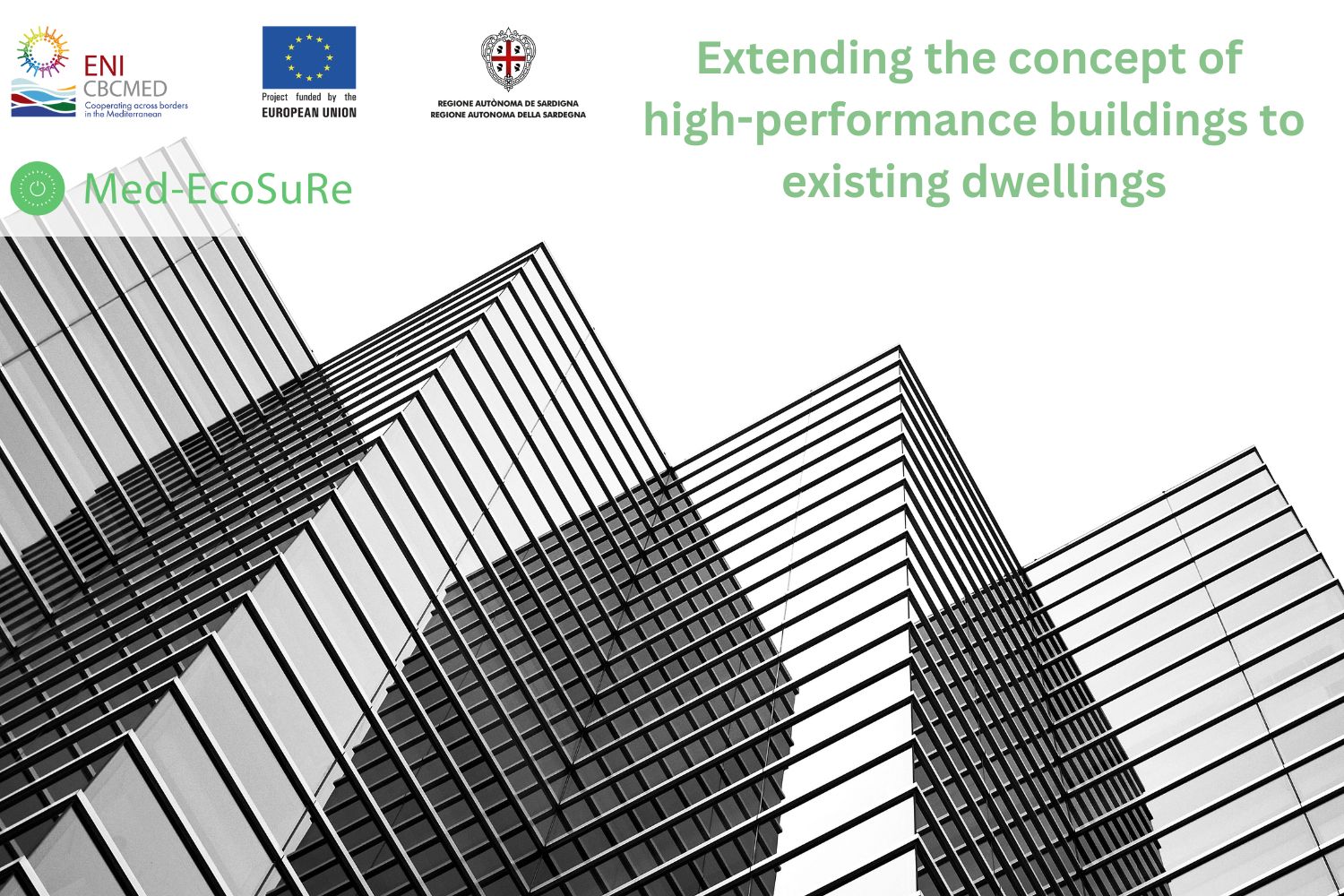
Online course: Eco-oriented and energy efficient technological design of the pilot buildings of Med-EcoSuRe
An online training course has been successfully conducted, by the Department of Architecture of the University of Campania "L. Vanvitelli, in collaboration with the Naples Agency for Energy and Environment, on “Energy Efficiency Action Plan in the Higher Education Building Sector”.
The course which lasted 4 months (October 22, 2020 – January 13, 2021), provided students (over 50), from the project partners’ universities, with knowledge and skills on renovation strategies for university buildings, while carrying out theoretical lessons and practical workshops.
In the framework of the course, the students analyzed three case studies which are the pilot buildings at the National Engineering School of Tunis (ENIT), University of Florence (UNIFI) and An Najah National University (ANNU). The students proposed renovation passive solutions to meet nearly zero energy buildings requirements, of the university buildings analyzed.

The specific themes addressed during the theoretical lessons and workshops are related to:
- The evaluation of synergies between the building and its environmental surroundings;
- The assessment of the comfort conditions of confined spaces
- The energy audit of the building envelope
- The use of sustainable technologies for the design of the transparent and opaque envelope: walls, floors, roofs.
- The appropriate choice of construction materials with low environmental impact
- The integration of innovative, sustainable and energy-efficient technologies
- The technological design in response to the shortcomings identified in the energy audit
- The use of specific software for the evaluation of the energy performance of the building system
On January 13th, UNI Campania, in collaboration with MEDREC and ANEA, organised a final conference with the presentation of the results of the training activity. Ten working groups presented their project proposals, showing the environmental, bioclimatic and energy analyses of the pilot buildings and their environmental surroundings. In particular, the proposals are described through the use of specialized software that allowed the performance control of the technical elements of the opaque and transparent envelope.
The workshop was an interesting opportunity for interaction and dynamic learning, on renovation strategies for university buildings, between students and professors from the universities involved in Med-EcoSuRe project, with different backgrounds.

.jpg)
.jpg)


.jpg)







 03, rue Moslem Ibn Alwalid, Notre dame, Mutuelleville, Tunis 1082
03, rue Moslem Ibn Alwalid, Notre dame, Mutuelleville, Tunis 1082

